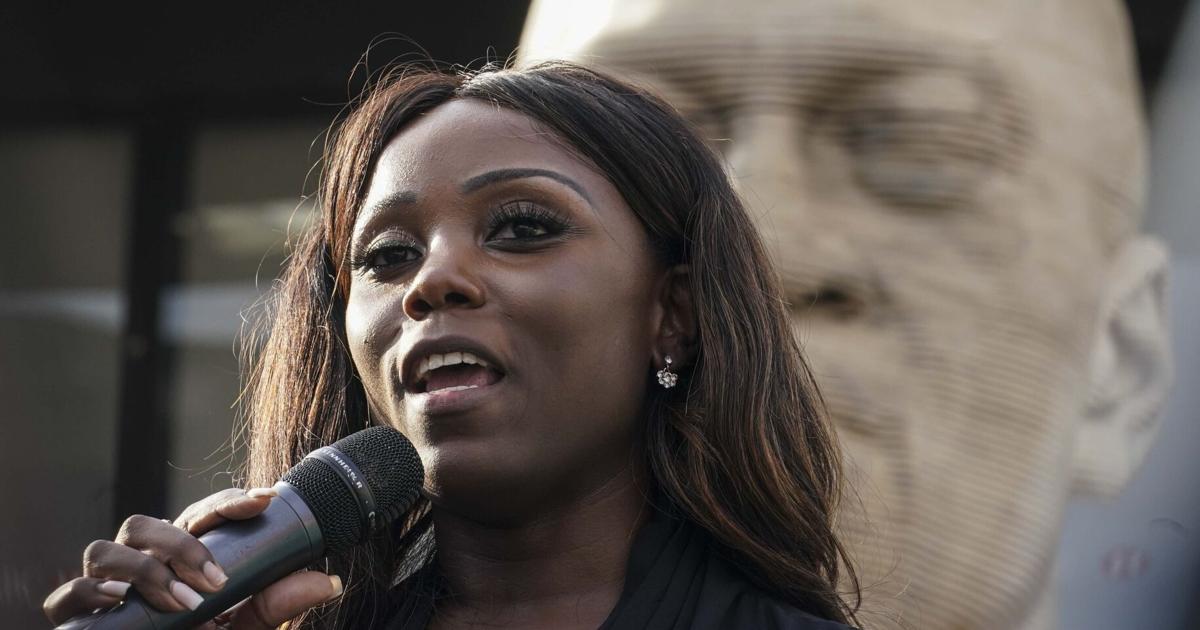
NEW YORK (AP) — New York City lawmakers approved legislation Thursday to study the city’s significant role in slavery and consider reparations to descendants of enslaved people.
The package of bills passed by the City Council still needs to be signed into law by Democratic Mayor Eric Adams, who didn’t immediately respond to a request for comment.
New York fully abolished slavery in 1827. But businesses, including the predecessors of some modern banks, continued to benefit financially from the slave trade — likely up until 1866.
“The reparations movement is often misunderstood as merely a call for compensation,” Council Member Farah Louis, a Democrat who sponsored one of the bills, told the City Council. She explained that systemic forms of oppression are still impacting people today through redlining, environmental racism and services in predominantly Black neighborhoods that are underfunded.
People are also reading…
The bills would direct the city’s Commission on Racial Equity to suggest remedies to the legacy of slavery, including reparations. It would also create a truth and reconciliation process to establish historical facts about slavery in the state.
One of the proposals would also require that the city install a sign on Wall Street in Manhattan to mark the site of New York’s first slave market.
The commission would work with an existing state commission also considering the possibility of reparations for slavery. A report from the state commission is expected in early 2025. The city effort wouldn’t need to produce recommendations until 2027.
The city’s commission was created out of a 2021 racial justice initiative during then-Mayor Bill de Blasio’s administration. Although it was initially expected to consider reparations, instead it led to the creation of the commission, tracking data on the cost of living and adding a commitment to remedy “past and continuing harms” to the city charter’s preamble.
“Your call and your ancestor’s call for reparations had not gone unheard,” Linda Tigani, executive director of the racial equity commission, said at a news conference ahead of the council vote.
A financial impact analysis of bills estimate the studies would cost $2.5 million.
New York is the latest city to study reparations. Tulsa, Oklahoma, the home of a notorious massacre against Black residents in 1921, announced a similar commission last month.
Evanston, Illinois, became the first city to offer reparations to Black residents and their descendants in 2021, including distributing some payments of $25,000 in 2023, according to PBS. The eligibility was based on harm suffered as a result of the city’s discriminatory housing policies or practices.
San Francisco approved reparations in February, but the mayor later cut the funds, saying that reparations should instead be carried out by the federal government. California budgeted $12 million for a reparations program that included helping Black residents research their ancestry, but it was defeated in the state’s Legislature earlier this month.
Copyright 2024 The Associated Press. All rights reserved. This material may not be published, broadcast, rewritten or redistributed without permission.


